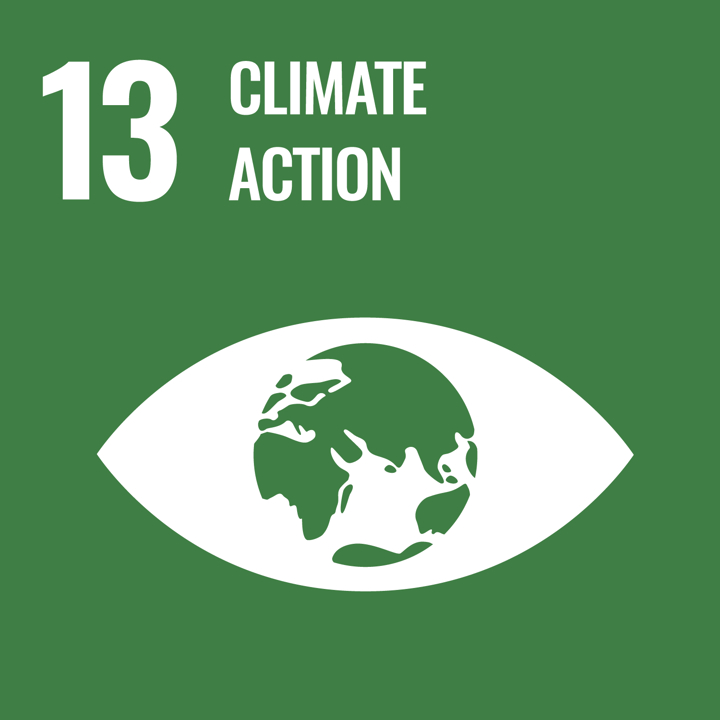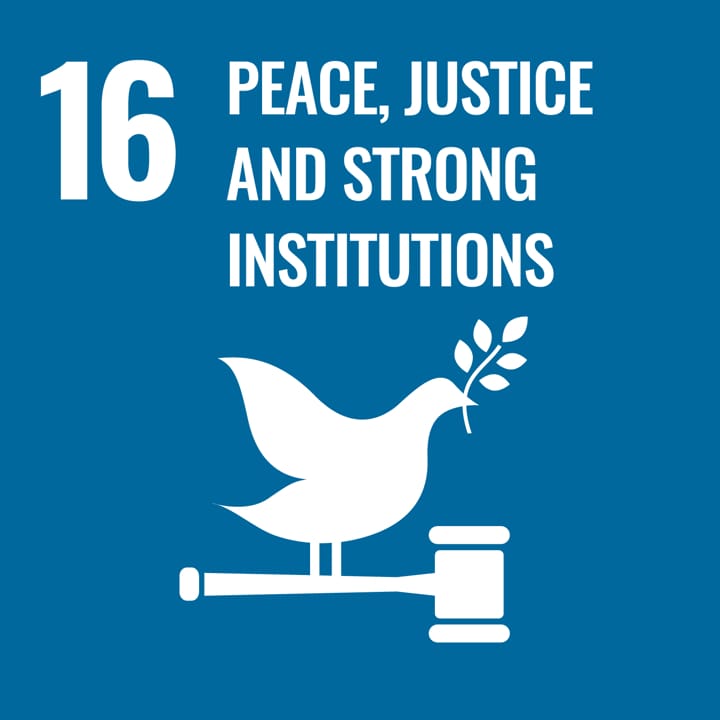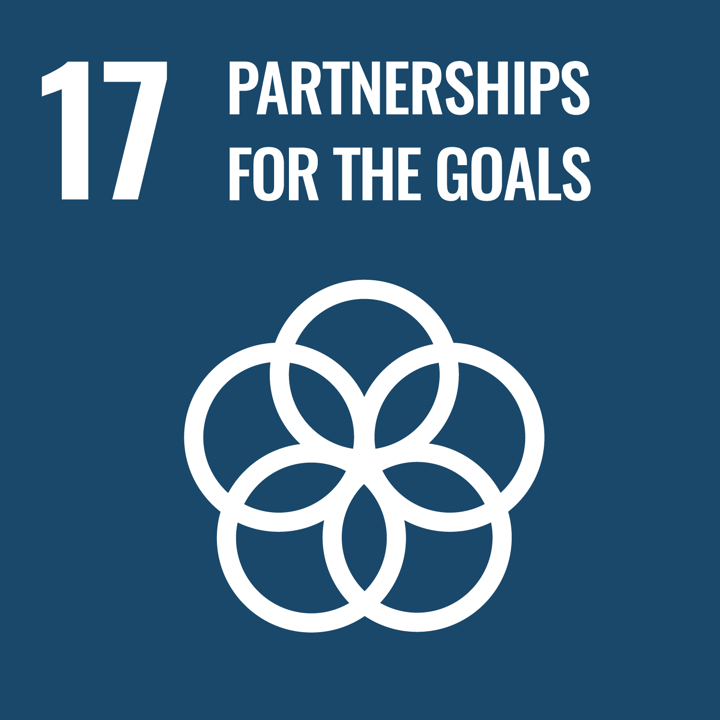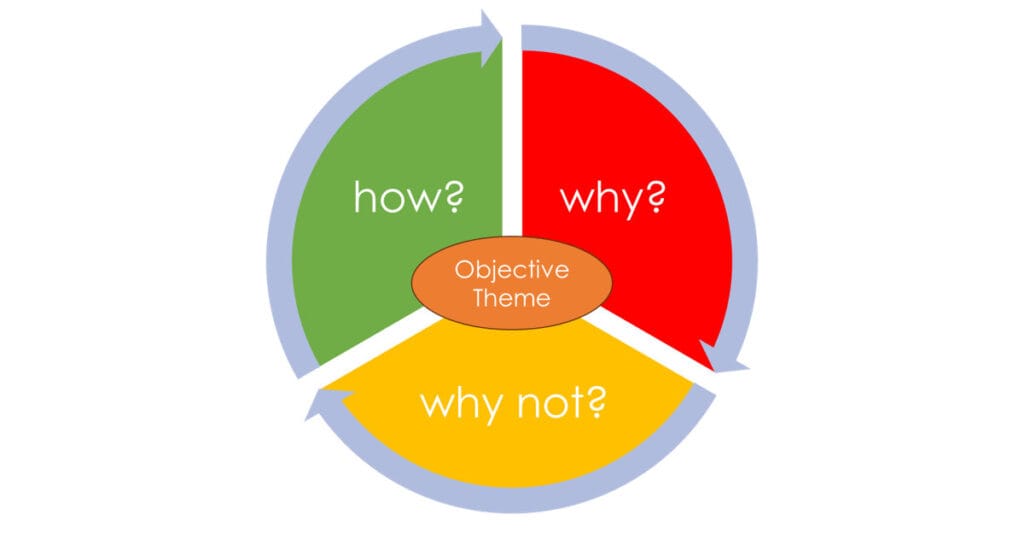
Intended End User: Teacher, School Leader, Teacher Educator
Age Group: Lower Secondary; Upper Secondary
School Curriculum: Science; Social, Physical & Health Education; Social & Environment Science; Languages; Business Studies; Applied Science
Themes and Topics: Collective Action; Pedagogy Approaches
Duration: At least 90 – 120 minutes in a class.
But can also be extended for more complex topics such as a project or workshop. For deeper reflection or implementation in the school family, 3 hours are suitable.
Type of Resource: Guidelines & Notes, Lesson Plans
Keywords: Participative Learning; Collaborative Learning; Critical Thinking; Interactive Teaching Methods; Problem-Solving Strategies; Classroom Discussion Tools
Languages: English, German
Description
This resource provides a ready-to-use guide for implementing the World Café method, a structured yet flexible discussion format that fosters collaborative learning, creativity, and critical thinking. Designed for educators and facilitators, it offers a step-by-step approach to engaging participants in meaningful dialogue across various topics.
The resource includes:
- Tips for effective facilitation and outcome documentation
- A detailed explanation of the World Café methodology
- Guidelines for structuring discussions with rotating small-group conversations
- Print templates including role cards and moderation cards with key questions to stimulate engagement
One featured example explores creativity in the classroom, guiding participants through discussions on why creativity matters, challenges in fostering it, and practical teaching approaches. The method supports collective decision-making, knowledge exchange, and innovative thinking, making it particularly valuable for education for sustainable development (ESD), school leadership, and professional development.
With a minimum implementation time of 90–120 minutes, the World Café can be easily adapted to different learning environments, from teacher training workshops to classroom discussions. By promoting active participation and shared learning, this approach enhances problem-solving skills and encourages educators to rethink traditional teaching methods.
Ideal for: Teachers, trainers, and facilitators looking to create interactive, student-centred learning experiences.
Promotes engagement in issues that affect the whole school family.
Downloadable materials are included for immediate application.
How to use this resource
This World Café resource is an introduction to the discussion method “World Café”. It includes a step-by-step guide designed to help educators and facilitators implement interactive, discussion-based learning effectively. To illustrate and support practical application, the resource provides a ready-to-use implementation on the topic “Creativity in Education”, including detailed instructions, facilitation tips, and printable materials for easy use.
The resources
World Café PDF:
Learning Outcomes (Teachers)
- Elicit prior knowledge and further develop knowledge and comprehension of key Sustainability Citizenship key concepts, challenging established worldviews and values.
- Apply a range of suitable tools and frameworks to promote student Sustainability Citizenship
- Reflect on practice and examine national curricula to identify opportunities to promote Sustainability Citizenship in interdisciplinary ways and engage with external stakeholders.
- Collaboratively synthesise the knowledge, tools and frameworks to create educational materials and lessons plans adapted to their own local context
- Through workshop activities and communities of practice, build capacity and agency as Sustainability Citizenship educators and leaders.
Learning Outcomes (Leadership)
- Elicit prior knowledge and further develop knowledge and comprehension of key Sustainability Citizenship concepts to challenge established worldviews and values.
- Apply a range of suitable tools and frameworks to promote Sustainability Citizenship within their schools and communities.
- Examine their own national/regional curricula, educational policies, programmes and external stakeholders to identify opportunities to promote Sustainability Citizenship in their schools and communities.
- Collaboratively synthesise knowledge, tools and frameworks to create a vision for delivering a school environment that supports the development of Sustainability Citizenship in their community.
- Through workshop activities and communities of practice, build capacity as Sustainability Citizenship educators and leaders.
Green Competencies
- Embodying Sustainable Values: Supporting Fairness
- Embracing Complexity in Sustainability: Systems Thinking; Critical Thinking; Problem Framing
- Envisioning Sustainable Futures: Futures Literacy; Adaptability; Exploratory Thinking
- Acting for Sustainability: Collective Action
Creative Commons
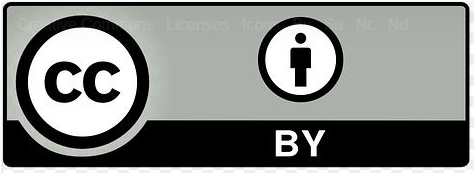
This resource was adapted by Cathérine Conradty of Universität of Bayreuth (UBT) from materials originally developed by the World Café Community Foundation. The World Café name and method are attributed to the World Café Community Foundation. The original resource can be found at https://www.theworldcafe.com. This adaptation is licensed under the Creative Commons Attribution 4.0 International License (CC BY 4.0). Changes have been made to the original material in this adaptation. This attribution does not imply endorsement by the original licensor.
SDGs

